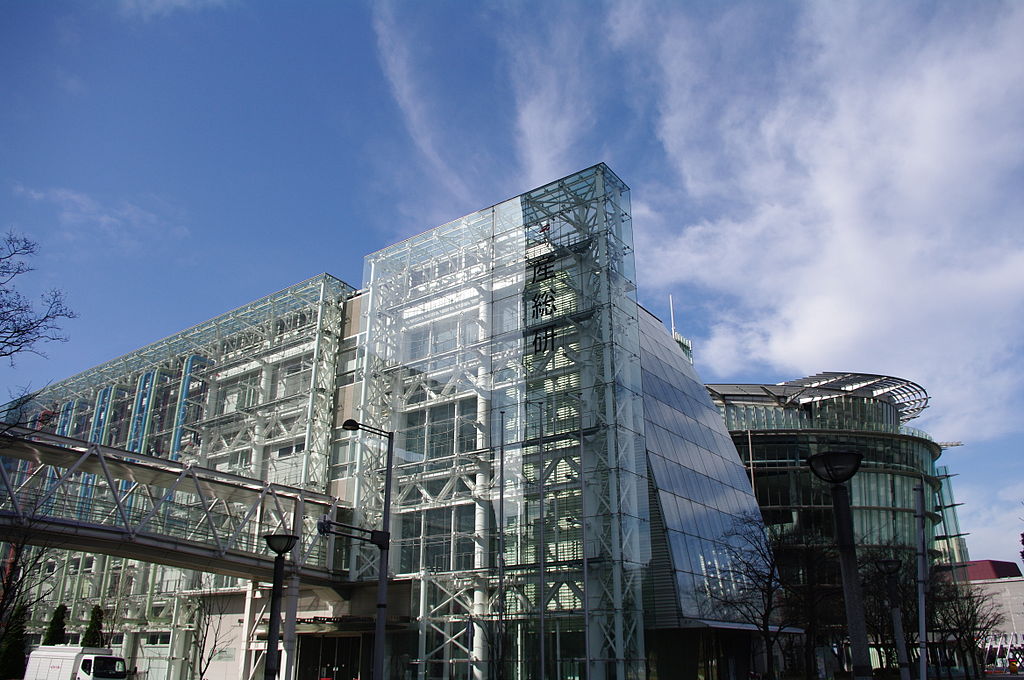A Japanese research team has purportedly improved outdoor measurements of I-V curves of crystalline silicon solar panels by replacing commonly used pyranometers with PV module irradiance sensors (PVMS).
“Although the potential advantages of the use of PV irradiance sensors such as low cost and high accuracy have been already reported before, the precision of the outdoor performance measurement based on repeated I-V curve measurement for various kinds of PV modules was not confirmed yet,” said the research team, which includes scientists from Japan’s National Institute of Advanced Industrial Science and Technology (AIST), Japan Electrical Safety and Environment Technology Laboratories, the Ritsumeikan University, the Gifu University, the Tokyo University of Science, and the University of Miyazaki.
They used an ADCMT 4601 I-V meter at a sweep time of 0.2 to 0.5 seconds and an interval of five seconds throughout the day. They conducted the test on panels mounted on a fixed open rack, facing due south with a 20-degree tilt angle, on the AIST office roof in Tokyo. The PVMS was provided by Japan's K·I·S Corp.
“It comprises of an active 5 inches crystalline silicon PV cell and surrounding eight dummy cells, which were laminated into a module by using typical materials such as cover glass, encapsulant, and aluminum frame which are used for PV modules,” the researchers said.
The PVMS was mounted within 1 meter of the panel on the same rack, and its azimuth and tilt angle were aligned to the panel within about ±0.5 degrees. The irradiance of the panels was also measured with a CMP11 legacy pyranometer manufactured by Kipp & Zonen for comparison.
The temperature of each panel was also monitored using resistive temperature sensors attached to the backsheet. They were measured by NI CompactDAQ, a data acquisition platform built by US-based producer of automated test equipment National Instruments. The figures were then synchronized with the I-V measurements.
The research team measured the I‐V characteristics using a global standard spectrum (AM1.5g) solar simulator. It explained that the PVMS can provide reliable measurements even on cloudy and partially sunny days.
“Highly precise outdoor I-V curve measurements of crystalline silicon PV modules have been achieved by monitoring the solar irradiance by a PVMS, employing the I-V sweep time of 0.2–0.5 seconds, and filtering out the data affected by spatial nonuniformity of irradiance,” the scientists said.
The obtained I-V curves were corrected for temperature by using a special translation formula, which explicitly considers the voltage-dependent feature of their temperature coefficient, the scientists said. They claimed that the use of the PVMS and the filtering of data for irradiance variation particularly improves the measurement of the short-circuit current. They also said that the temperature translation formula is responsible for the higher reproducibility of the measurement of open-circuit voltage.
“Good reproducibility is achieved for various kinds of commercial crystalline silicon modules, including the p-type BSF, p-type PERC, n-type backside contact and silicon heterojunction,” they concluded.
They presented their findings in “Improved precision of the outdoor performance measurements of photovoltaic modules by using the photovoltaic irradiance sensor,” which was recently published in Solar Energy. The study was supported by Japan's New Energy and Industrial Technology Development Organization and the Ministry of Economy, Trade and Industry (METI).
*The article was updated on October 8 to add the the study was supported by Japan's New Energy and Industrial Technology Development Organization and the Ministry of Economy, Trade and Industry (METI).
This content is protected by copyright and may not be reused. If you want to cooperate with us and would like to reuse some of our content, please contact: editors@pv-magazine.com.




1 comment
By submitting this form you agree to pv magazine using your data for the purposes of publishing your comment.
Your personal data will only be disclosed or otherwise transmitted to third parties for the purposes of spam filtering or if this is necessary for technical maintenance of the website. Any other transfer to third parties will not take place unless this is justified on the basis of applicable data protection regulations or if pv magazine is legally obliged to do so.
You may revoke this consent at any time with effect for the future, in which case your personal data will be deleted immediately. Otherwise, your data will be deleted if pv magazine has processed your request or the purpose of data storage is fulfilled.
Further information on data privacy can be found in our Data Protection Policy.